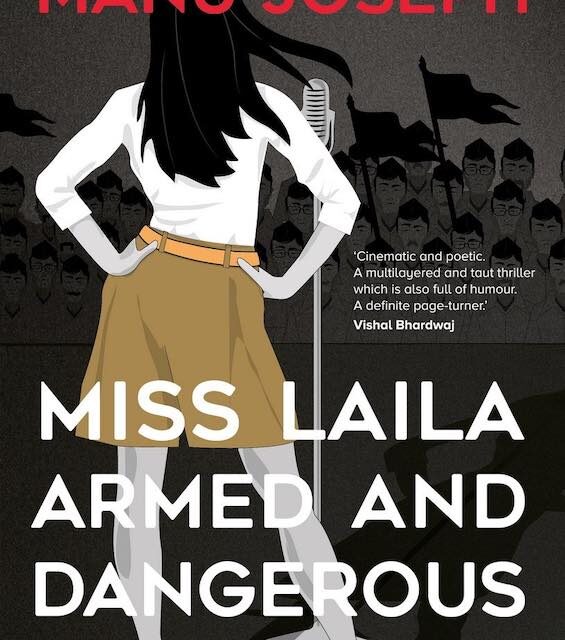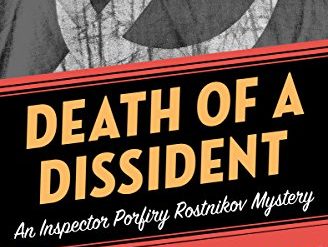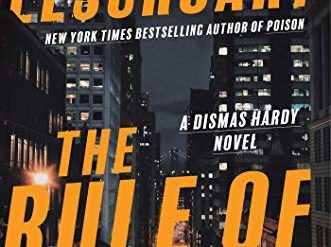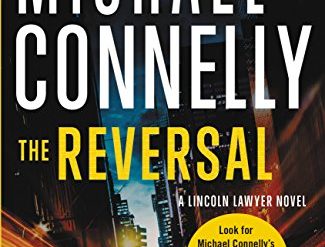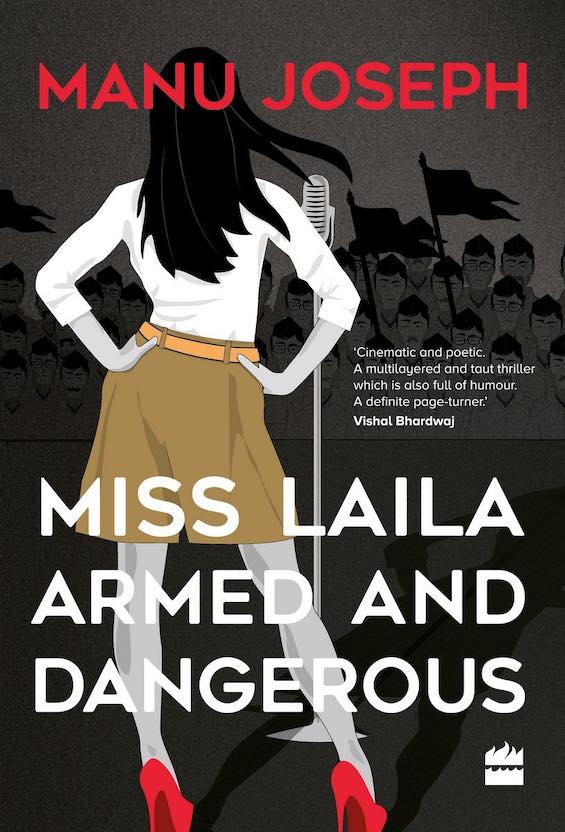
On May 26, 2014, Narendra Modi assumed office as Prime Minister, heading up a new right wing Indian government. The 64-year-old bachelor represented a sea change in the country’s politics, shifting India from a secular democracy to an increasingly autocratic Hindu nationalist nation. But none of the changes Modi has introduced in the years since then have come as a surprise.
Estimated reading time: 5 minutes
As Chief Minister of the state of Gujarat in 2002, Modi had been widely criticized for mismanagement when Hindu thugs went amok in riots that killed more than 1,000 people, three-quarters of them Muslims. Although there was insufficient evidence to prosecute him, millions believe to this day that he instigated the rampage. And recently a new BBC documentary about Modi and those events has created an uproar in India. After all, he had already been an active member for thirty years of the Rashtriya Swayamsevak Sangh (RSS), a right-wing Hindu nationalist paramilitary organization. And it is Modi and the RSS who are the primary target of Manu Joseph’s satire in his surprising little novel, Miss Laila, Armed and Dangerous. In Joseph’s hands, the government doesn’t come off well.
Two compelling central characters
Joseph builds his tale around two compelling characters, one of them on the political right, the other on the left. “Professor Vaid” is the aged sage of the RSS, which the author consistently refers to as the Sangh. Though little known to the public, he is revered within the Sangh and is close to its charismatic leader, Damodarbhai (a stand-in for Narendra Modi). The professor is preoccupied with increasingly frequent reports about a young woman named Akhila Iyer, who is India’s answer to the iconic troublemaker Sacha Baron Cohen’s Borat.
“Miss Iyer” devotes most of her “pranks” to humiliate liberal and socialist do-gooders and activists. “Her victims are rich Marxists, socialists, environmentalists, actually anyone in this country who eats salad.” But when she wanders onto the Sangh’s turf—“I kind of like being an Indian Nazi,” she says—a team of young RSS thugs beat her up. It’s election night, and Damodarbhai is on the cusp of victory. The Sangh is unwilling to tolerate any criticism of the man they regard as “God.”
Miss Laila, Armed and Dangerous by Manu Joseph (2017) 157 pages ★★★★★
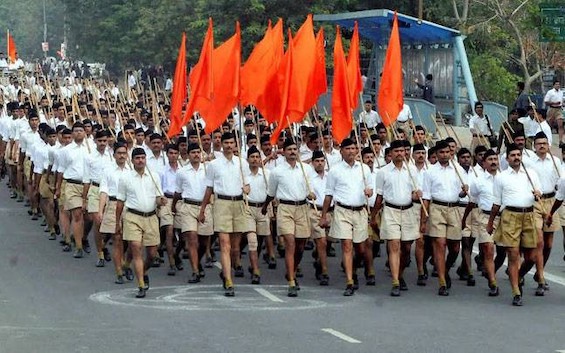
Two parallel plotlines
The action in Miss Laila, Armed and Dangerous unfolds along two tracks. In one, Miss Laila has come to observe rescue efforts at the site of a building collapse in Mumbai. There, after her beating by the Sangh, she volunteers to help. She is tiny and, unlike the police and soldiers at the site, is able to crawl into the rubble to help a man buried there. Over time, he whispers information to her about an imminent terrorist attack. A Muslim man named Jamal is on his way to the capital of Gujarat to meet with other terrorists and commit an outrage in a protest against Hindu violence.
On the other track, we follow Mukundan, a junior officer of the anti-terrorist bureau as he follows Jamal on the highway south to Gujarat. He is under orders to herd the man toward a checkpoint where others will seize him for interrogation. Except that the chase becomes increasingly complicated, as two different law enforcement bodies argue over how to handle Jamal and a young woman who has joined him in his car. One thing is clear: the result for Jamal and the woman will not be pleasant.
Somehow, Joseph manages to squeeze this fiendishly complex tale into 150 pages, offering up one surprise after another as the two plotlines twist and turn. Miss Laila, Armed and Dangerous, is funny, insightful, and right on target as a send-up of India today.
About the author
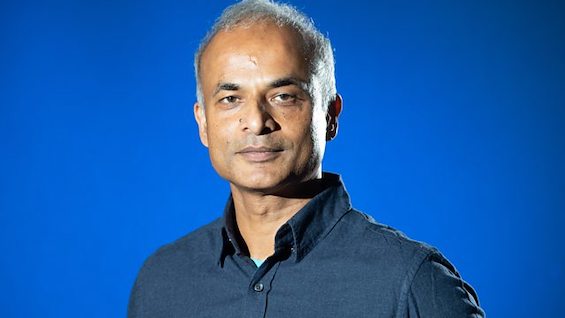
Manu Joseph was born in the state of Kerala in India’s southwest but currently lives in Delhi. He is a former magazine editor and columnist for The International New York Times and The Hindustan Times. The first of his three novels, Serious Men (2010), won The Hindu Literary Prize and the PEN/Open Book Award and was adapted into a feature film in India. The PEN jury described him as “. . . that rare bird who can wildly entertain the reader as forcefully as he moves them.”
For related reading
I’ve also reviewed the author’s previous, award-winning novel, Serious Men (A comic novel about India today, and Big Science, too).
If you’re interested in learning more about India, see Good books about India, past and present.
And if you’re looking for more thrillers, go to:
- Top 10 mystery and thriller series
- The spellbinding thrillers of Robert Harris
- Joseph Kanon’s spy thrillers are superb
And you can always find my most popular reviews, and the most recent ones, on the Home Page.

